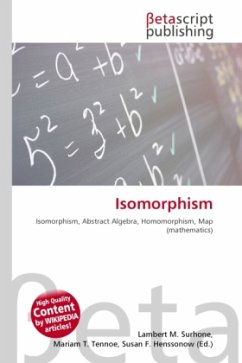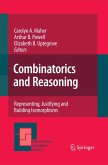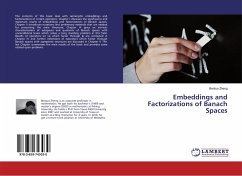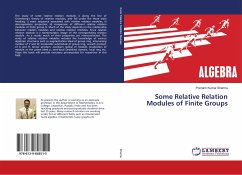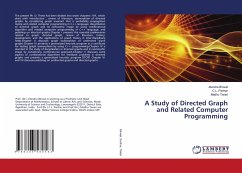High Quality Content by WIKIPEDIA articles! In abstract algebra, an isomorphism (Greek: isos "equal", and morphe "shape") is a bijective map f such that both f and its inverse f 1 are homomorphisms, i.e., structure-preserving mappings. In the more general setting of category theory, an isomorphism is a morphism f: X Y in a category for which there exists an "inverse" f 1: Y X, with the property that both f 1f = idX and f f 1 = idY. Informally, an isomorphism is a kind of mapping between objects, which shows a relationship between two properties or operations. If there exists an isomorphism between two structures, we call the two structures isomorphic. In a certain sense, isomorphic structures are structurally identical, if you choose to ignore finer-grained differences that may arise from how they are defined.
Bitte wählen Sie Ihr Anliegen aus.
Rechnungen
Retourenschein anfordern
Bestellstatus
Storno

